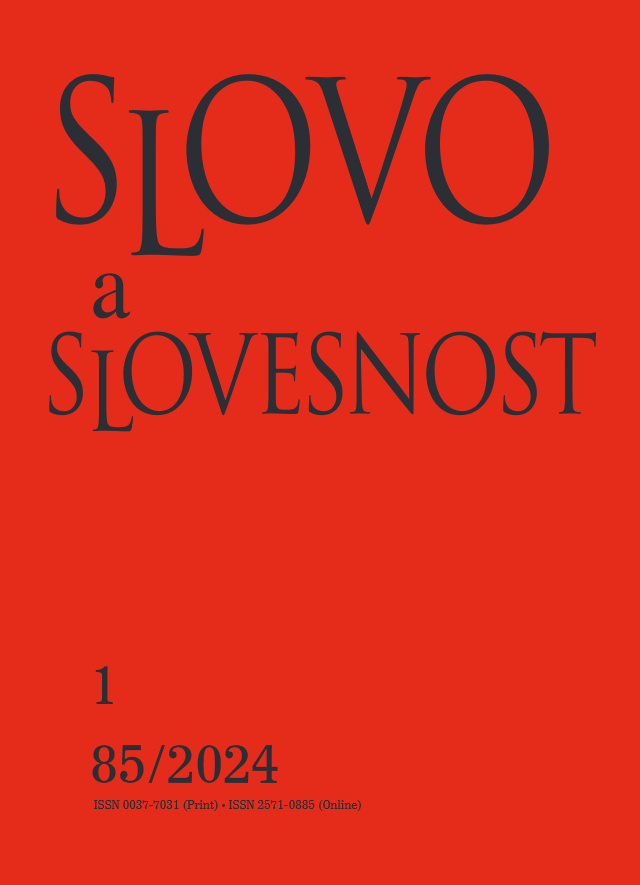Non-verbal plural number agreement: a pilot study comparing selected functional nouns in English and German using Oslo Multilingual Corpus data
Non-verbal plural number agreement: a pilot study comparing selected functional nouns in English and German using Oslo Multilingual Corpus data
Author(s): Karolina RudnickaSubject(s): Language studies, Computational linguistics, Philology
Published by: AV ČR - Akademie věd České republiky - Ústav pro jazyk český
Keywords: non-verbal number agreement; distributiveness; English; German; distributive plural; distributive singular; corpus linguistics
Summary/Abstract: Non-verbal plural number agreement is, especially in the cross-linguistic context, an under-researched topic. English and German seem to differ with regard to number preference in objects, adverbials and modifiers following plural subjects. While English prefers the distributive plural – direct correspondence in number between the (formally or notionally) plural subject of a clause and a nominal clause element in the predicate part of this clause, German seems to be much more open to variation and may even appear to prefer the distributive singular. The present paper aims to take the first steps towards the verification of these supposed differences by means of a pilot corpus-based study conducted with the use of the Oslo Multilingual Corpus (OMC) – a parallel corpus containing original texts and their translations. The three nouns looked at are 'head/heads', 'life/lives', 'voice/voices', and their German equivalents. The results show that the preference towards the distributive plural is indeed the norm for English as it can be used in almost any context, while in German, it is a much more context- and noun-specific feature.
Journal: Slovo a slovesnost
- Issue Year: 85/2024
- Issue No: 1
- Page Range: 27-54
- Page Count: 28
- Language: English

